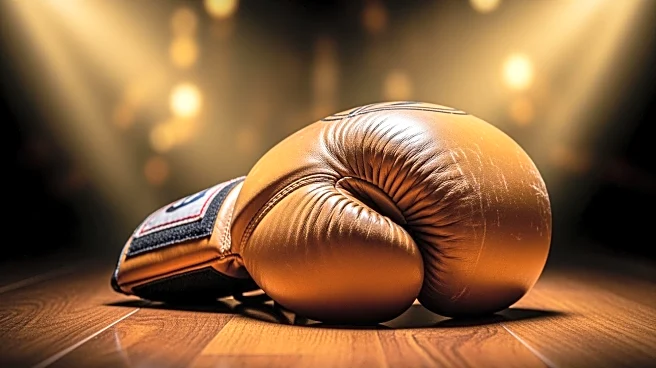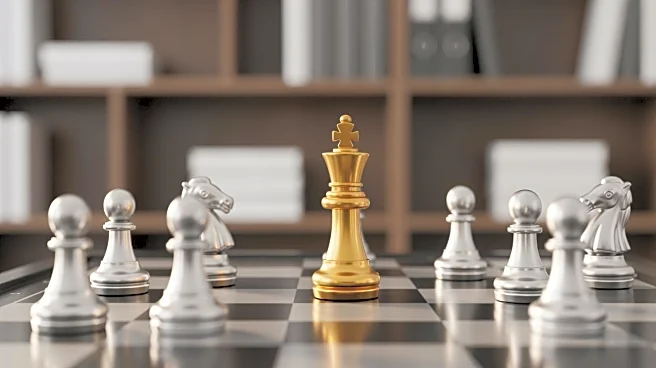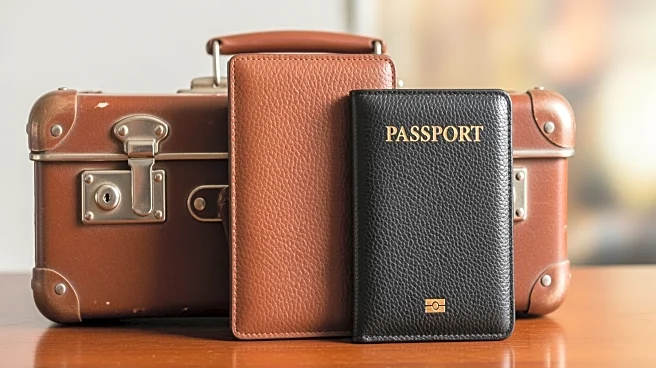Rapid Read • 8 min read
Professional chefs are advising against purchasing certain kitchen gadgets that are often marketed as essential tools but end up being rarely used and contributing to kitchen clutter. These gadgets include items like mandolins, onion holders, and electric can openers, which chefs argue can be replaced by more versatile and reliable tools such as sharp knives and manual can openers. The chefs emphasize the importance of mastering basic kitchen skills, such as knife handling, which can provide more control and precision in cooking tasks. They also highlight the drawbacks of these gadgets, such as their bulkiness, difficulty in cleaning, and limited functionality.
AD
The advice from chefs is significant as it encourages consumers to make informed decisions about kitchen purchases, potentially saving money and reducing waste. By focusing on essential tools that are durable and versatile, home cooks can improve their culinary skills and efficiency. This shift away from gimmicky gadgets can lead to a more organized and functional kitchen space, which is beneficial for both amateur and professional cooks. Additionally, it reflects a broader trend towards minimalism and sustainability in consumer habits, as people seek to reduce clutter and invest in quality over quantity.
Consumers may start reevaluating their kitchen tools and gadgets, opting to declutter and invest in high-quality essentials. Retailers might respond by promoting versatile and durable kitchen products over single-purpose gadgets. Cooking schools and culinary workshops could emphasize skill development, such as knife skills, to help individuals become more self-reliant in the kitchen. This could lead to a shift in marketing strategies within the kitchenware industry, focusing on the longevity and practicality of products.
This trend towards essential kitchen tools may also influence broader consumer behavior, encouraging people to apply similar principles to other areas of their lives, such as home organization and personal belongings. It highlights a cultural shift towards valuing experiences and skills over material possessions, which could have long-term implications for consumerism and lifestyle choices.
AD
More Stories You Might Enjoy











